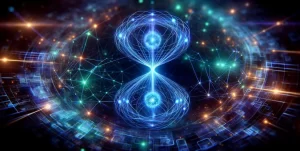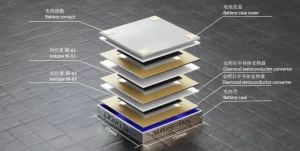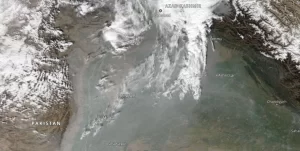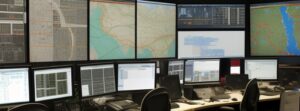Study proposes accurate AI model to help predict volcanic eruptions
Researchers at the University of Granada have developed an innovative system demonstrating a very accurate machine-learning algorithm developed to predict volcanic eruptions. The study with important implications for global volcanic hazard forecasting and disaster preparedness.










